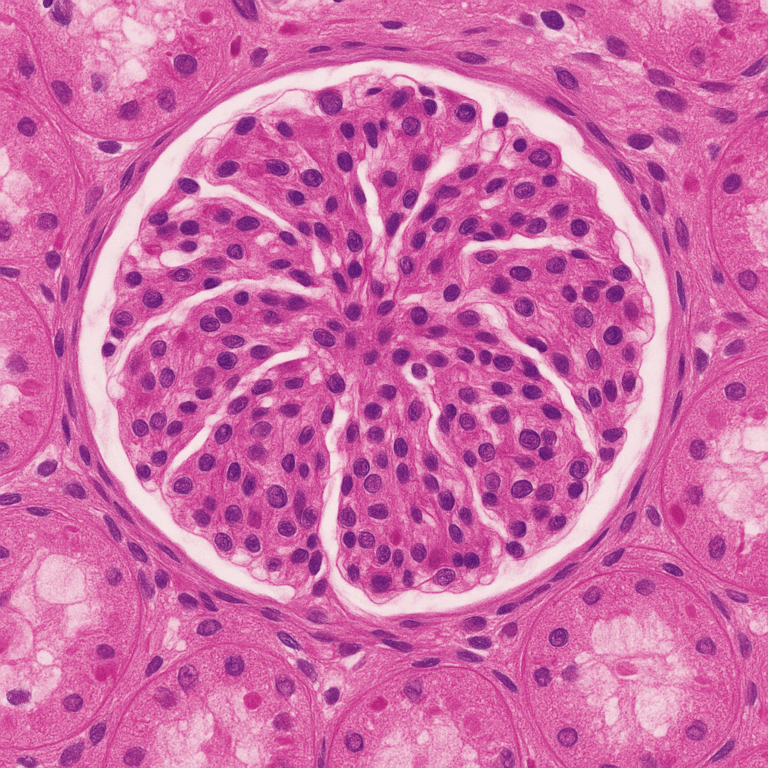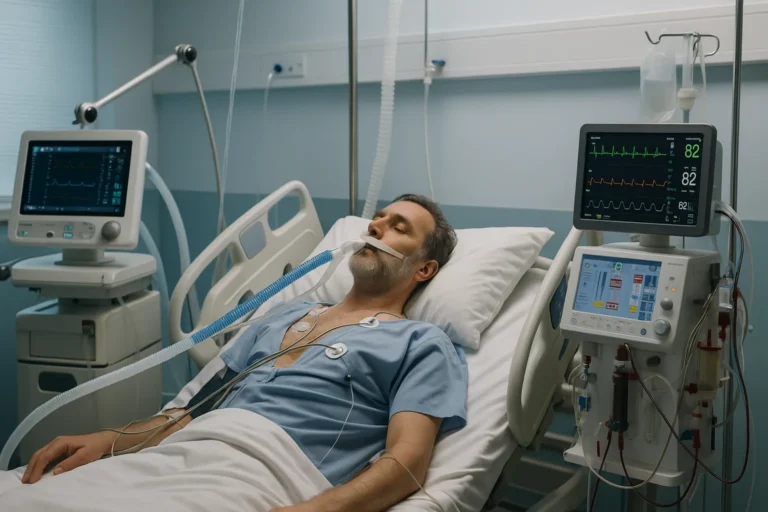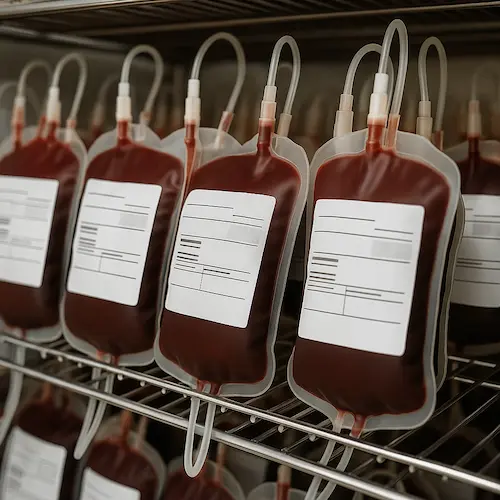What Does a Nephrologist Do—and Why You May Benefit from Seeing One?”
When it comes to taking care of your health, some specialists stay behind the scenes until they’re urgently needed. The nephrologist is one of them. These highly trained physicians specialize in diagnosing and managing diseases of the kidneys — a set of organs often overlooked until they begin to falter. But understanding what a nephrologist does, when you might need one, and how their expertise fits into your health journey can empower you to act sooner, and smarter, when it comes to kidney care.

What Is a Nephrologist?
A nephrologist is a medical doctor who focuses on the kidneys — organs responsible for filtering waste, balancing electrolytes, regulating blood pressure, and maintaining fluid balance. Nephrologists are often called upon when kidney function is reduced, when abnormalities in urine or bloodwork are discovered, or when a patient develops complications such as proteinuria, hematuria, or uncontrolled hypertension.
Unlike urologists, who often perform surgery on the urinary tract, nephrologists primarily diagnose and medically manage kidney disease. They work closely with patients who have chronic kidney disease (CKD), acute kidney injury (AKI), or systemic conditions (like diabetes or lupus) that impact the kidneys.
A Brief History of Nephrology
Nephrology emerged as a recognized subspecialty in internal medicine in the mid-20th century, gaining traction alongside major advances in medical technology. The field was formally distinguished in the 1960s, as new tools transformed kidney care from reactive to proactive.
- Dialysis: The development of hemodialysis and peritoneal dialysis provided life-sustaining treatment for patients with kidney failure. Nephrologists became central figures in managing these complex therapies.
- Renal biopsy: Advances in biopsy techniques allowed direct examination of kidney tissue under the microscope, revolutionizing the diagnosis of glomerular diseases.
- Transplantation: With the advent of solid organ transplantation — particularly the first successful kidney transplant in 1954 — nephrologists played a pivotal role in donor evaluation, post-transplant care, and immunosuppression management.
The word nephron itself is derived from the Greek “nephros,” meaning kidney. A nephron is the functional unit of the kidney — each organ contains about a million of these microscopic filters.
How Nephrologists Differ from Other Specialists
Many doctors monitor blood pressure, diabetes, and lab results. But nephrologists apply a unique lens to these conditions. They interpret subtle trends in creatinine, eGFR, and urine protein that might escape notice in general practice. They guide complex medication decisions — like when to start or stop ACE inhibitors, ARB or SGLT2 inhibitors — and balance the risks of progression, side effects, and interventions. They help to titrate diuretics to maintain volumes status. The kidneys do much more than just put urine in the toilet; they interact with multiple other organ systems. Your nephrologist helps to keep these interacts well-tuned to avoid over working strained kidneys thereby optimizing your residual kidney function.
Nephrologists are also experts in managing complications that arise from kidney dysfunction, including:
- Electrolyte imbalances (like high potassium or low sodium)
- Anemia due to reduced erythropoietin production
- Bone and mineral disorders related to phosphate and vitamin D
- Fluid overload and diuretic resistance
In patients with advanced kidney disease, they help prepare for renal replacement therapy — whether through dialysis access planning or kidney transplant referral.
Dialysis Patient Management and the Role of the Medical Director
For patients who reach kidney failure, nephrologists take on an intensive role in dialysis management. They prescribe the dialysis prescription—deciding how often, how long, and what type of dialysis a patient receives. This includes managing target fluid removal, blood pressure goals, and electrolyte correction during each session. They also oversee vascular access health, infection prevention, and the unique medication needs of dialysis patients, who often have altered drug clearance and higher cardiovascular risk.
In many centers, nephrologists also serve as the Medical Director, providing clinical leadership and ensuring regulatory standards are met. This role involves reviewing outcomes, guiding nursing protocols, and helping maintain patient safety and satisfaction across the entire dialysis facility. It’s a position of both clinical responsibility and systems-level oversight, making the nephrologist a key figure in delivering high-quality kidney replacement therapy.
Community-Based Transplant Follow-Up
Nephrologists also play a crucial role after a patient receives a kidney transplant. While the transplant center manages immediate post-surgical care, long-term follow-up often shifts to local nephrologists embedded in the community. These specialists monitor immunosuppressive drug levels, watch for early signs of rejection, and manage common complications like infections, metabolic issues, and chronic allograft nephropathy.
By coordinating care with transplant centers, primary care providers, and other specialists, community nephrologists ensure the transplanted kidney stays healthy for as long as possible. They educate patients on medication adherence, lifestyle choices, and preventive care—all essential to maintaining graft function. This long-term partnership offers continuity, convenience, and personalized care close to home.
Why Nephrologists Are Trusted Beyond the Kidneys
Nephrology demands a deep understanding of:
- Complex physiology (fluid/electrolyte balance, acid-base status)
- Multisystem disease management (e.g., diabetes, hypertension, autoimmune conditions)
- Pharmacology in compromised systems (renal dosing, drug interactions)
Because of this, nephrologists who are also board-certified in internal medicine are often viewed by their peers as:
- Diagnostic strategists who can untangle complex, overlapping conditions
- Medication experts who understand how systemic therapies affect vulnerable organs
- Holistic thinkers who manage chronic illness with precision and foresight
Common Reasons for Referral
You might be referred to a nephrologist for any of the following:
- Declining eGFR or rising creatinine
- Protein or blood in the urine
- Difficult-to-control high blood pressure
- Recurrent kidney stones
- Electrolyte abnormalities (like hyperkalemia)
- A history of autoimmune disease with renal involvement (e.g., lupus nephritis)
- Preparation for dialysis or transplant
Sometimes, even a single abnormal lab can warrant early evaluation — especially if there’s family history of kidney disease or a known genetic predisposition.
What to Expect During Your First Visit
The first appointment usually involves a detailed history and physical exam, review of prior labs and imaging, and assessment of risk factors like diabetes, hypertension, NSAID use, or family history.
Your nephrologist may order additional tests, such as:
- Repeat bloodwork
- Urinalysis with protein/creatinine ratio or albumin/creatinine ratio
- Renal ultrasound
- Specialized antibody panels if autoimmune disease is suspected
They’ll also counsel you on dietary and lifestyle strategies, medication adjustments, and appropriate follow-up intervals.
Kidney Tests Nephrologists Use
Monitoring and decision-making rely on a set of key labs and diagnostics:
- Serum creatinine and eGFR: Estimate kidney filtration
- Urine protein and albumin tests: Detect early damage
- Urinalysis: Screen for red blood cells, white cells, or casts
- Electrolytes: Monitor potassium, sodium, phosphate, and bicarbonate
- Imaging: Look for asymmetry, cysts, scarring, or obstruction
In certain cases, a renal biopsy may be recommended to obtain tissue for histologic analysis. This can clarify the exact disease process and guide targeted therapy.
When to Ask for a Nephrology Referral
Primary care physicians often initiate referral, but patients can also self-advocate. Consider requesting nephrology consultation if you experience:
- Persistent or worsening kidney labs over several months
- Recurrent abnormal urine tests
- Symptoms like swelling, foamy urine, or fatigue without explanation
- A strong family history of kidney failure or polycystic kidney disease
Earlier involvement allows time for education, planning, and — when needed — smoother transition to dialysis or transplant.
Working Together for Long-Term Kidney Health
Nephrology is not just about dialysis. In fact, the majority of people under a nephrologist’s care are not on dialysis. The goal is often to preserve function, prevent complications, and delay progression for as long as possible.
In the best-case scenario, early nephrology involvement can even reverse temporary dysfunction or reclassify misdiagnosed CKD.
Partnership is key. Good kidney care isn’t just about labs — it’s about listening, planning, and adapting over time. Whether you see your nephrologist once a year or every month, you’re building a relationship that supports long-term health.
The Takeaway
Nephrologists are specialists in kidney function and its many interconnections throughout the body. From early detection to transplant planning, they play a central role in preserving kidney health.
If your labs are changing, if your blood pressure is hard to control, or if you simply want clarity on your kidney risk — a nephrologist is your best ally.
Ask the question. Make the call. Your kidneys may thank you. Learn more about nephrology by visiting their professional organization website at the American Society of Nephrology.
References
- Glassock RJ, Winearls C. The Global Burden of Chronic Kidney Disease: How Valid Are the Estimates? Nephron Clin Pract. 2008;110(1):c39–c47.
- Brenner BM, Rector FC. The Kidney. 6th ed. Philadelphia: Saunders; 2000.
- Murray P, et al. Textbook of NephroPathology. Kidney Int Suppl. 2017;7(2):109–124.
- Skorecki K, et al. Harrison’s Principles of Internal Medicine, 20th ed. New York: McGraw-Hill Education; 2018.
- National Kidney Foundation. What Is a Nephrologist? https://www.kidney.org







